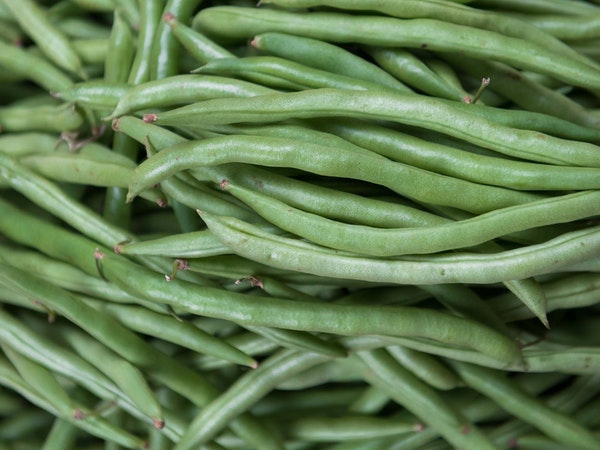Words: Team THINKWELLNESS360
Beans are as old as civilisation. There is evidence that native Mexicans and Peruvians cultivated beans as early as 7,000 BCE.
The use of beans existed in ancient Egypt and Asia, no less. It is, therefore, apparent that beans were an integral part of several cultures throughout the world.
Beans are rich sources of protein, fibre and essential amino acids, especially lysine. Amino acids help to nourish muscle development; they also support muscle repair. This is reason why a combination of rice and beans makes a perennial favourite with most people.
Beans also contain folacin and other minerals. The high fibre content in beans protects us against illness and disease, such as diabetes, heart disease and, perhaps, some forms of cancer — most notably, colon cancer.
It is actually the insoluble fibre content of beans that also help to keep blood sugar stable. Besides, beans help to reduce the threat of constipation. More importantly, it is the soluble fibre in beans that reduce low-density lipoproteins [LDL], or ‘bad’ cholesterol and protect our heart.
Beans, when not cooked properly, may, however, cause intestinal gas and discomfort in some individuals. Yet another reason is — beans pass directly into the large intestine, where they are broken down by bacteria in the gut, instead of being digested or absorbed, in the small intestine. This may make you feel more than a bit ‘gassy.’
Eating beans in small quantities is suggested to help reduce the possibility of such discomfort, while boosting your optimal health and well-being.
Beans are rightly called ‘fat-burners’ — this is because they have the ability to give a sense of fullness and, in the process, help us to maintain healthy weight.
Snake Gourd: Tonic Effects
Snake gourd [padwal, in Hindi], or Chinese cucumber, is said to have first originated in India. The tendril of the vegetable is divided into three parts. The leaves are angular and furry, encompassing of 5-7 lobes.
The vegetable extends up to 150cm in length and 8cm in breadth. There are also smaller versions of snake gourd.
Snake gourd has natural antibiotic, anti-inflammatory, expectorant and laxative properties. It can scatter mucous or phlegm, eliminate pus [infection] and purge toxic matter.
It is also said to bring about a ‘cooling’ effect in the body.
Snake gourd is a popular tonic for the heart. It is said to be a useful natural ‘adjuvant’ for cardiac disorders and for correcting nutritional imbalance. It is also said to stimulate the production of body fluids, while relieving dehydration in the system. The vegetable has earned a reputation too for easing night sweats in patients having pulmonary tuberculosis.
Snake gourd is considered a useful ‘remedy’ for diabetes. This has led to clinical studies to scientifically understand its therapeutic potential as an anti-diabetic remedy. One reason for its utility value in controlling blood sugar levels is, perhaps, not merely related to its low-calorie food value — but, also to its natural ability to reduce weight in diabetics, while providing adequate nourishment.
Snake gourd juice has, for long, been used as a home remedy for dandruff, while snake gourd leaves have been found to be effective in jaundice.
It is evidenced that 100gm of snake gourd provides just 20 calories. What makes it a ‘treat’ is it is loaded with minerals like magnesium, calcium and phosphorous. The vegetable is also rich in dietary fibre and contains a host of medicinal compounds — viz., flavonoids, carotenoids and phenolic complexes.
- Buy snake gourd which looks and feels fresh, green, soft and firm when pressed
- Wrap in plastic bag and refrigerate — to keep fresh for 4-5 days
- Tender snake gourd does not have seeds
- Mature snake gourds have seeds. Discard seeds for better taste
- Cook snake gourd with the peel.

